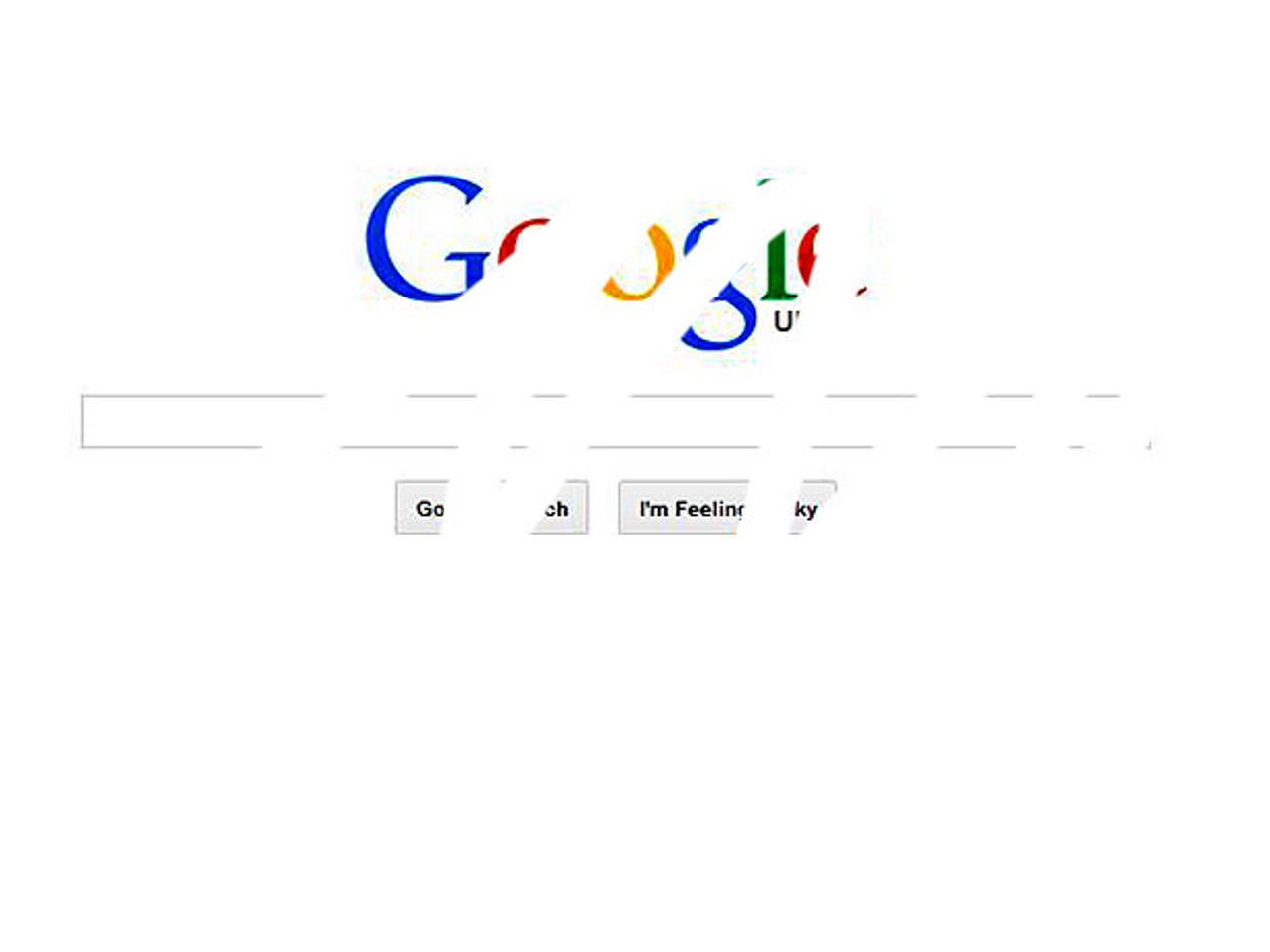Google may highlight search results dropped due to 'right to be forgotten' demands


Similar to Google's method of handling links it's removed due to copyright violation complaints, the search giant may start alerting users when search results have been scrubbed as a result of European citizens' requests to be forgotten.
According to The Guardian, Google is considering placing an alert at the bottom of each page where it has removed a result on the basis of last month's controversial "right to be forgotten" ruling by Europe's highest court.
The court ruled that Europeans have a right to ask Google (or another search engine) to remove certain links that are returned for searches on their name if the material is no longer relevant or outdated. The page that the link led to, however, would still remain available.
At the end of May, Google launched an online form for citizens to file their "right to be forgotten" requests and last week revealed that it had received 41,000 to date.
Read this
The figures were released as Europe's privacy watchdogs met in Brussels to hash out how they would handle requests made in their countries. Under the ruling, search engines are obliged to consider the merits of each request and if the request is denied, the request-maker can take their complaint to their local data protection regulator.
ZDNet has asked Google if it will begin placing notifications on pages where it has removed links due to "right to be forgotten" requests. It has not responded to the request, but we'll update the story if any comment is forthcoming.
As noted by The Guardian, the notifications would be similar to how Google discloses that it has removed a link after receiving takedown requests under the US Digital Millennium Copyright Act.
When links have been removed from a list of search results, Google provides a notification at the bottom of that page and link to a separate page at chillingeffects.org, which displays the name of the complainant, the title of the copyrighted content and a list of allegedly infringing URLs.
Google has argued that the European ruling sacrifices the right to know in favour of privacy rights. However, others, such as the UK's privacy watchdog, have countered that the ruling does not mean that citizens have an absolute right to be forgotten.
Until Europe's regulators set guidelines for how search companies should handle link removal requests, Google will rely on the judgement of its council of advisers, which include Wikipedia founder Jimmy Wales and Luciano Floridi, a philosopher at the Oxford Internet Institute. The pair will be part of the team that will shape Google's policy following the European Court of Justice ruling.
Read more on the right to be forgotten
- The right to be forgotten: Can we really trust Google to decide when our data should die?
- Want to be forgotten by Google? Here's how you do it
- UK privacy watchdog says 'forget me, Google' ruling no threat to free expression
- EU puts Google straight on 'right to be forgotten'
- Google picks holes in EU's 'right to be forgotten'
- Spain sends right-to-be-forgotten Google case to ECJ